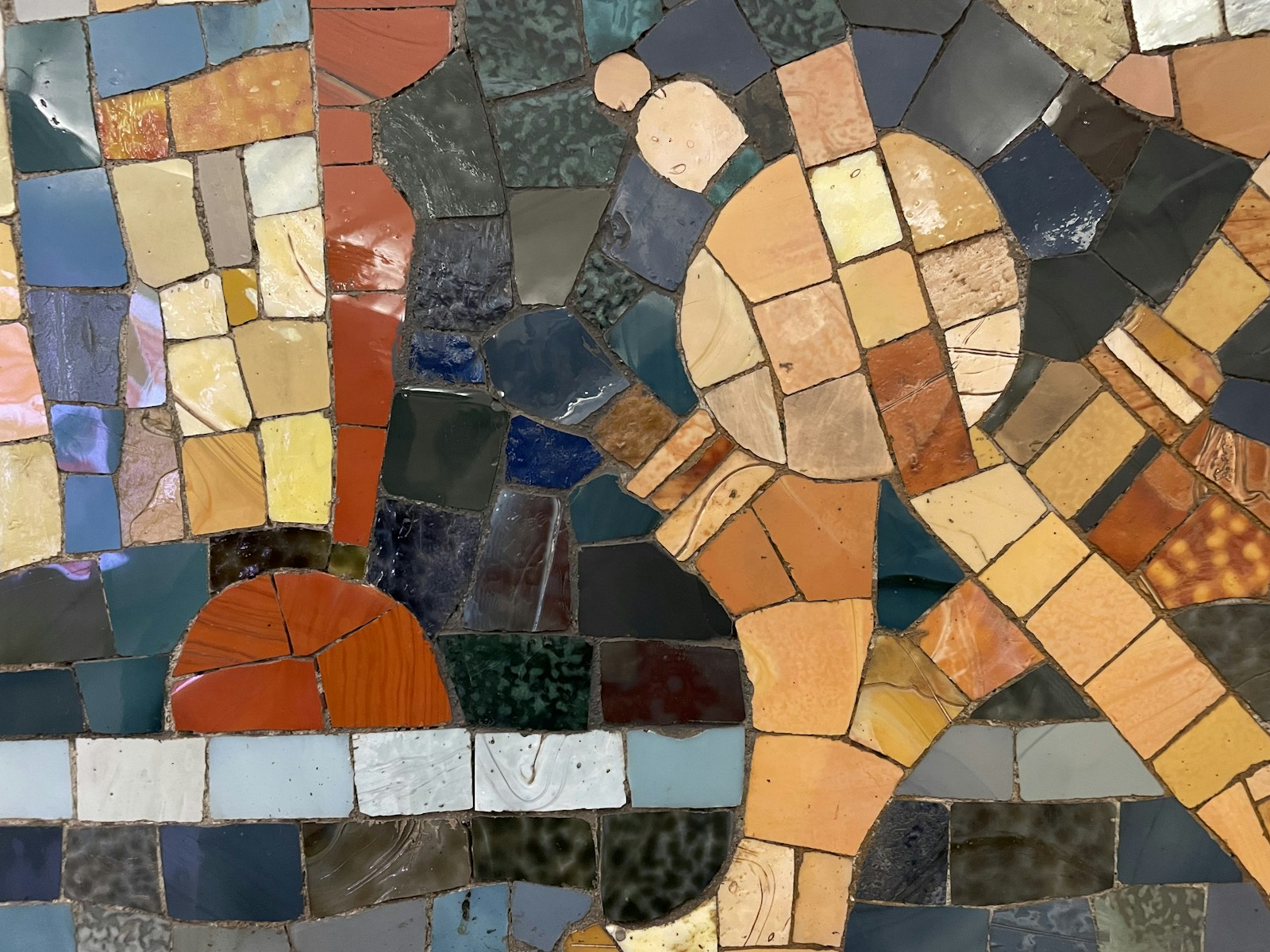The Puzzles and Patterns of a Southern Accent

One of my favorite things to do is solve logic puzzles. I love finding the underlying patterns and rules that govern a seemingly chaotic system. Since moving to Georgia, I’ve found myself working on a new kind of puzzle, one that I encounter every day: the Southern accent.
To an outsider's ear, the Southern accent can seem like one, single way of speaking. But I have quickly learned that it is an incredibly complex and diverse system of dialects with its own unique rules, sounds, and vocabulary. It is a linguistic puzzle that reveals a great deal about the history and culture of the region.
The most famous feature, of course, is the "Southern drawl," the tendency to elongate vowel sounds. The word "well" becomes "we-ell." But the real fun is in the more subtle patterns. One of the first I noticed is the "pin-pen merger." This is where the vowel sounds in words like "pin" and "pen" become identical. A teacher at my school, Bulloch Academy, once asked me for a "pin," and I handed her a writing instrument. She smiled and said, "The other kind, honey." It was a funny and memorable lesson in regional phonology.
Then there is the vocabulary, a whole set of words and phrases that are like secret handshakes for Southerners.
- "Y'all" is the most famous, of course. It is the elegant solution to the English language's lack of a proper second-person plural pronoun.
- "Fixin' to" is a wonderful phrase that means "about to." It implies an intention to do something in the near future, as in "I'm fixin' to go to the store."
- "Bless your heart" is the most complex puzzle of all. It is a phrase that can be used to express genuine sympathy ("Oh, you have the flu? Bless your heart."). But it can also be used as a polite way of calling someone an idiot ("He tried to fry a frozen turkey? Bless his heart."). Understanding the difference requires a deep understanding of tone and context.
From a Korean perspective, this is fascinating. The Korean language has its own diverse set of regional dialects (saturi), and the dialect a person speaks can say a lot about where they are from. It is the same here. The accent of someone from the coastal plains of Georgia is different from someone from the Appalachian mountains, and both are different from someone from Texas.
Learning to understand, and even to use, some of these words and phrases has been a fun part of my acculturation process. It makes me feel a little more like an insider. The Southern accent is not a sign of being uneducated, as it is sometimes stereotyped in American movies. It is a complex and historically rich linguistic system. It is a puzzle that I am enjoying solving, one "y'all" at a time.
